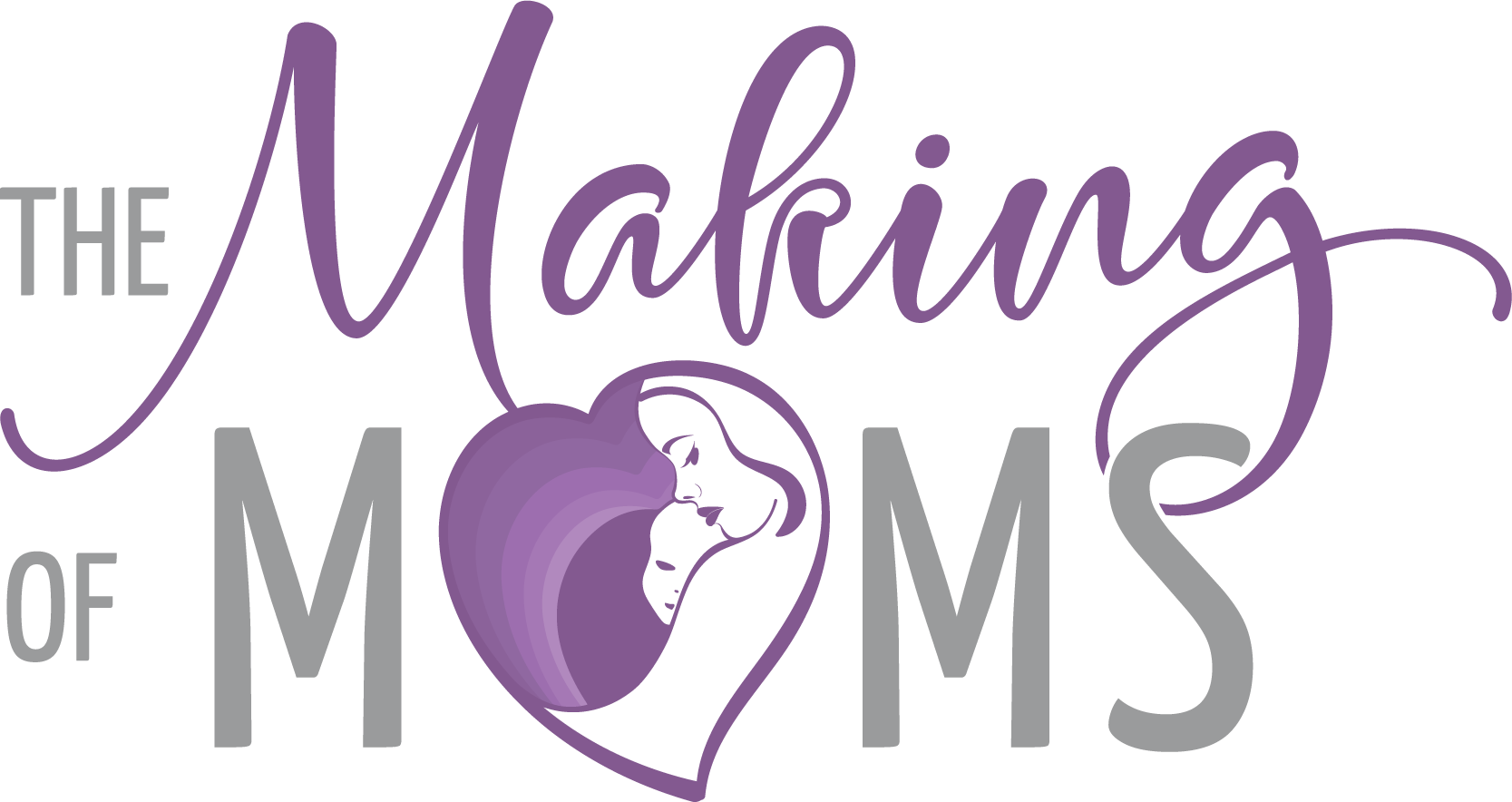
Pregnancy is often a time of hope, love and joy. However, for many women, it can be a time of stress, physical discomfort and prenatal depression. Prenatal depression is common and occurs more often than you might think. It is estimated that 1 in 5 women experience symptoms of depression during pregnancy. It can even happen to you!
It’s crucial not to ignore the signs and symptoms. Most importantly, your life and the life of your baby may be at stake. Additionally, the experience of depression robs you of a time in your life that should be filled with joyful anticipation.
What exactly is prenatal depression?
- Understanding prenatal depression. Prenatal depression, as it’s name suggests, develops during pregnancy and can be triggered by many factors.
- More common than physical concerns during pregnancy. t is more common than gestational diabetes or hypertension, yet it is very rarely screened for.
- Often ignored. Unfortunately, in many cases, both patients and doctors ignore symptoms because they blame hormonal changes.
Common signs and symptoms.
- Never-ending feelings of sadness and hopelessness.
- Feelings of guilt.
- A loss of interest in things that used to be enjoyable.
- Irritability.
- Fatigue – beyond the physical demands of growing a baby.
- Significant changes in sleep patterns.
- Either a lack of appetite or an increase in appetite.
- An inability to concentrate and a lack of motivation.
- There may also be ongoing and recurring thoughts about suicide. *Immediate professional help is needed if this is the case.
Depression triggers.
- Some medical experts believe that hormone and body changes during pregnancy can trigger depression, but there are other causes as well.
- Relationship issues are also a common trigger, because the mother may feel she isn’t getting enough support. She may also worry about how the child will affect the relationship after the baby is born.
- Complications / medical problems during pregnancy can also trigger depression. If the mother is on bed rest or worried about losing the baby, it’s easier for depression to start. The joy of carrying the child is replaced with anxiety, worry, and fear.
- Previous history of depression. If the mother has experienced depression in that past, she is at risk for developing this again during pregnancy or in the postpartum period.
- Poor self esteem and poor body image. When the new mother doesn’t feel good about herself and begins to think negative thoughts about herself or her body, this can contribute to feelings of depression.
- Increased stress. Stress can come in many different shapes and forms. Whether it is related to work, finances, or social issues, it has a negative impact on the mother’s ability to manage these feelings efficiently.
Potential issues for the baby.
- Although some mothers are able to continue to take care of their bodies during depression, others struggle to eat healthy food or avoid alcohol and other harmful substances.
- Women who struggle with prenatal depression are more likely to develop preeclampsia, go into premature labor or experience intrauterine growth restriction.
- Suicidal behavior is another major risk for the mother and the baby.
- Comfort may be sought through drinking and/or smoking.
- It’s important to recognize that a woman who has prenatal depression may not be making the best decisions for her baby.
Treatment options
Treatment options vary, and it’s important to discuss them with your doctor.
- Women with prenatal depression can find help through therapy.
- Both individual and group therapy sessions may be necessary. Discuss these options with your doctor and find a therapist trained to work with pregnant and postpartum women.
- You may also benefit from some medications. Speak to a doctor trained in perinatal psychiatry, to find the right medication for you.
- Support groups have helped women with prenatal depression.
- In addition, reducing stress and eliminating issues that are causing anxiety can help.
- Adjustments to diets, exercise, and lifestyles may also provide some assistance.
- If you are worried you may develop prenatal depression, begin finding ways to increase your support system.
- The most important step is to seek help and not ignore the symptoms. Doctors and therapists can determine the best treatment plan on an individual level.
Prenatal depression is a real issue and shouldn’t be ignored. If you have the signs of prenatal depression, seek treatment right away.
You are not alone!
